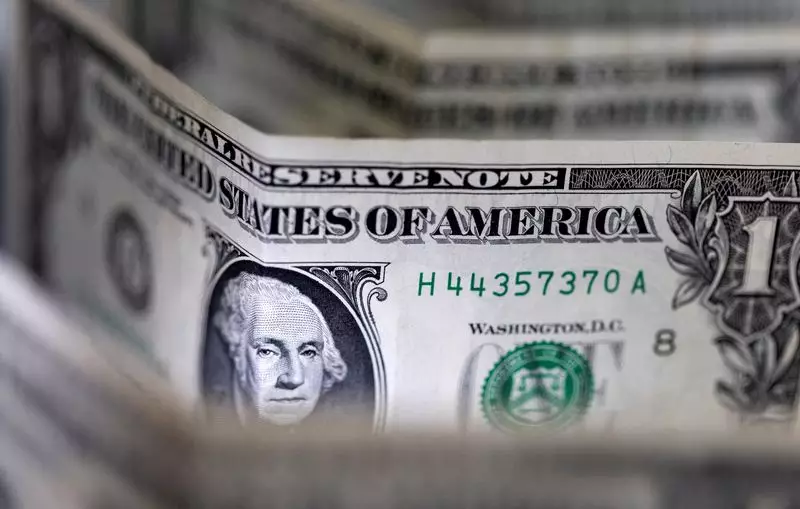As the US presidential election approaches, the financial landscape is witnessing notable shifts, particularly concerning the US dollar (USD). Recent observations from UBS indicate that the market’s perception of Republican candidate Donald Trump’s growing prospects are translating into a stronger USD. Investors often react to political outcomes, especially those linked to expected shifts in economic policy, making the upcoming elections a pivotal determinant for market movement. Trump’s potential return to the Oval Office is seen as synonymous with the introduction of more aggressive tariff policies, a factor that historically has buoyed the USD in similar circumstances.
UBS analysts assert that increasing confidence in a Trump victory is likely to yield a stronger dollar in the near term. This sentiment reflects a broader investor consensus, which interprets such a political outcome as favorable for the USD. The implications of this potential presidential shift are significant, as they could lead to a recalibration of the dollar’s value against other currencies. In response to this evolving narrative, UBS has made adjustments to its dollar forecasts, acknowledging the potential for a substantial rebound by the end of the year despite some expectations of a modest decline from current levels.
Faced with these trends, investment strategies must adapt. Last week’s market movements prompted UBS to take a long position on the Australian dollar relative to the USD but stopped short of making similar bets on the euro or Japanese yen. This caution stems from high implied volatility in the Japanese yen and the unfavorable returns associated with long positions given the proximity of the elections.
The hesitance to engage aggressively in trades against the USD reflects the current market’s cautious optimism surrounding the election results. While the eurozone also approaches its own monetary policy decisions, such as the expected 25 basis point interest rate cut from the European Central Bank (ECB), the implications for the euro remain uncertain. Market sentiment for the euro appears tempered, leading to a sense of vulnerability against the USD as political developments unfold.
The fluctuations in currency value are not merely numbers on a screen; they represent deep-rooted expectations and strategic positioning among investors. Current rates show slight increases in EUR/USD and USD/JPY, while AUD/USD has decreased marginally. These daily changes reflect investor anticipation of both domestic and international events, reinforcing the idea that currency trading is heavily influenced by the political climate.
As the US dollar capitalizes on political developments, traders must remain vigilant and responsive to the wider implications these changes can produce. Assessing risk and potential reward in a volatile market landscape has never been more crucial. With factors such as impending electoral outcomes and central bank policy adjustments at play, understanding the interconnectedness of these elements will be key for navigating future currency investments.
The dollar’s recent performance is a testament to the potency of political narratives in shaping financial markets. As we move towards a consequential election, the influence of these dynamics on currency traders and investors will likely continue to evolve, necessitating a keen eye on both political developments and market responses.

